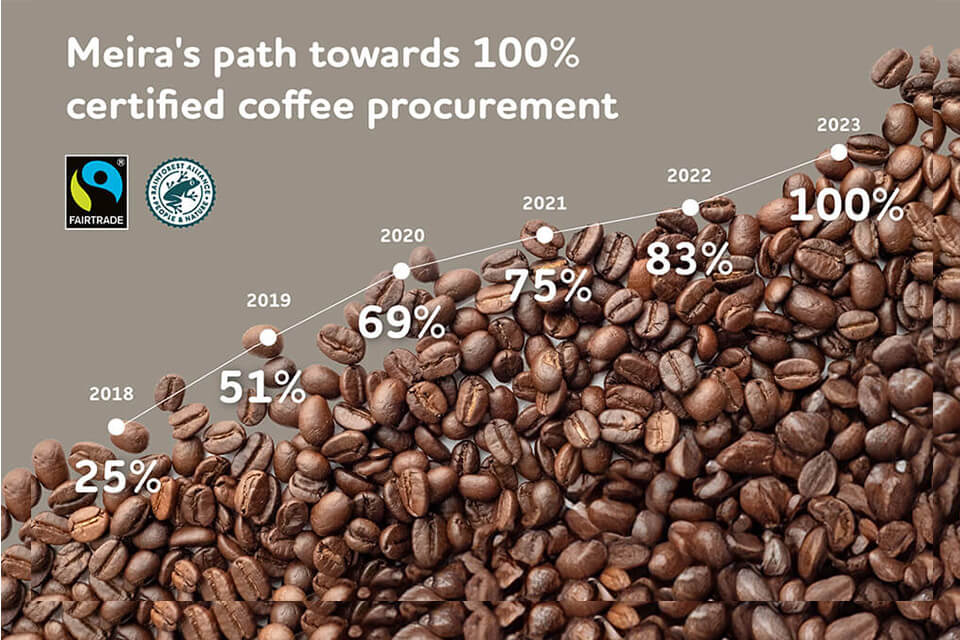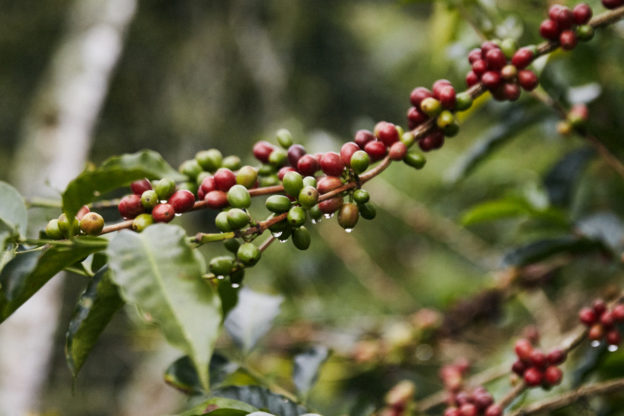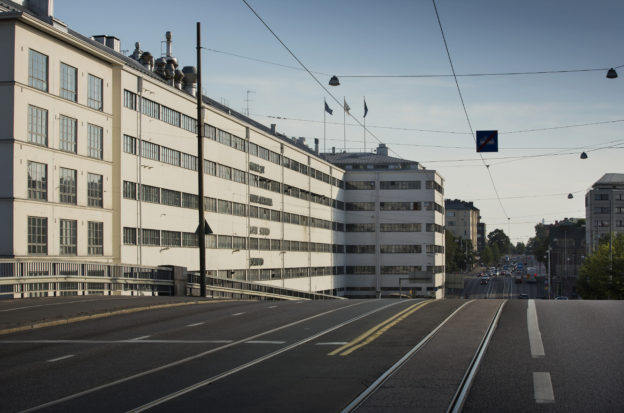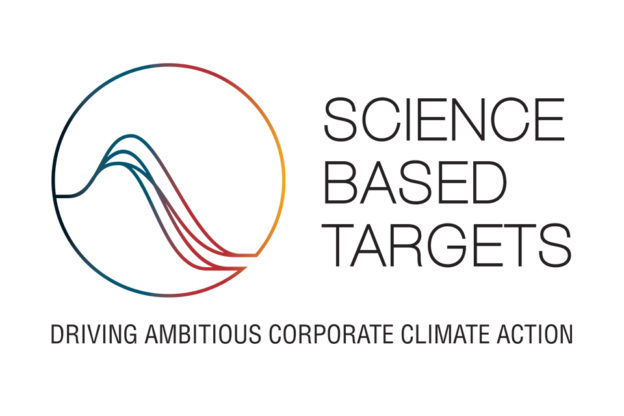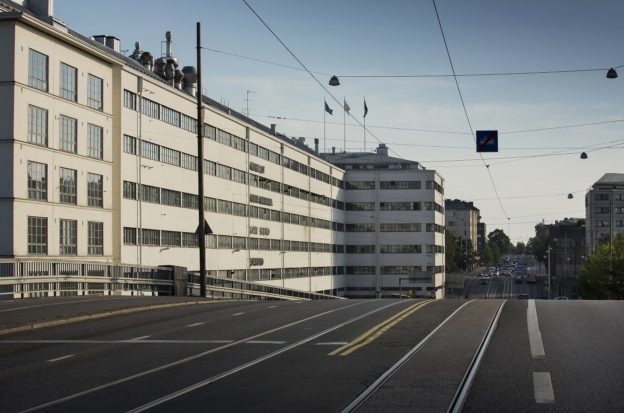Ensuring the sustainability of the green coffee is a key priority for Meira. The company’s sustainability priorities and efforts have genuine impact, as the company annually purchases 13–15 million kilograms of green coffee worldwide. In coffee sourcing Meira’s primary origins are Honduras and Brazil (constituting over 70% of annual coffee purchases). Furthermore, coffee is also sourced from Africa, key countries: Kenya, Tanzania and Asia; Vietnam.
The primary environmental impact of coffee occurs during its cultivation in the origin countries. Therefore, sustainability and responsibility – ensuring the well-being of the people and the environment at the source of coffee – is crucial. To achieve this, Meira collaborates with its’ stakeholders in the value chain, and support these efforts also through third-party certifications.
Meira sources only certified green coffee
Meira ensures the responsibility of its coffee by purchasing only third-party certified green coffee (Rainforest Alliance or Fair Trade). These non-profit certification systems have clear requirements for sustainable farming and business practices concerning environmental and social responsibility, as well as good governance. The collaboration aims to improve the livelihoods of coffee farmers, promote human rights, prevent deforestation, and address climate change. Key prerequisites for certification include ensuring fair working conditions for labourers and implementing activities that support biodiversity.
In 2017, Meira set a goal to achieve 100% certified coffee purchase by the year 2022. For the Food Service sector this goal was successfully reached in 2019, as Meira proactively addressed customer demands and fully certified the green coffee used in Food Service products for restaurants and large kitchen customers. At the same time and since 2018, Meira has also systematically advanced by certifying all new products in their retail offering and supplementing Kulta Katriina, Segafredo, and Saludo products with UTZ, RFA, or Fair Trade certifications.
In 2022 together with the significant coffee supply challenges in the recovery from the Vallila factory fire impacted significantly on Meira’s operations, delaying the certification of the remaining 17% of green coffee.
“Despite the challenges then, we continued our commitments to our sustainability goals in this matter. It’s noteworthy that in 2023, we have successfully attained our 100% sourcing goal for certified green coffee. Within the framework of our sustainability program, our work continues comprehensively, emphasizing value chain’s commitment and engagement in emission-reducing development projects. Furthermore, we are delving into a broader consideration of addressing nature impacts. Ensuring the sustainable future of coffee remains a top priority in our sustainability initiatives” summarizes Meira’s CEO Raimo Sinisalo.
Meira’s climate work aligns with science-based emission reduction targets
Meira has science-based emission reduction targets, also approved by the international Science Based Targets initiative. Meira is committed to reduce its own operations’ and pre-production’s (Scope 1-2) emissions and encourages its value chain (Scope 3) suppliers to set their own goals. Read Meira’s detailed emission goals and the latest summary from the 2022 emission report.
In addition, this year Meira is setting absolute land-use sector targets (FLAG) for emission reductions in its value chain (Scope 3). At the same time, the company actively prepares for upcoming sustainability regulations, such as the EUDR deforestation regulation, in collaboration with its value chain suppliers.
More information:
Sustainability, Development & Communications Director Heidi Päiväniemi
Tel. +358 40-7437850, [email protected]
*Source for the information “second biggest coffee”:
NielsenIQ Homescan, Market: Finland, coffee purchases to home in value and volume. 52wks ending 31.12.2023 (Copyright© NielsenIQ). Ref number: 05258324, date: 7.2.2024.
